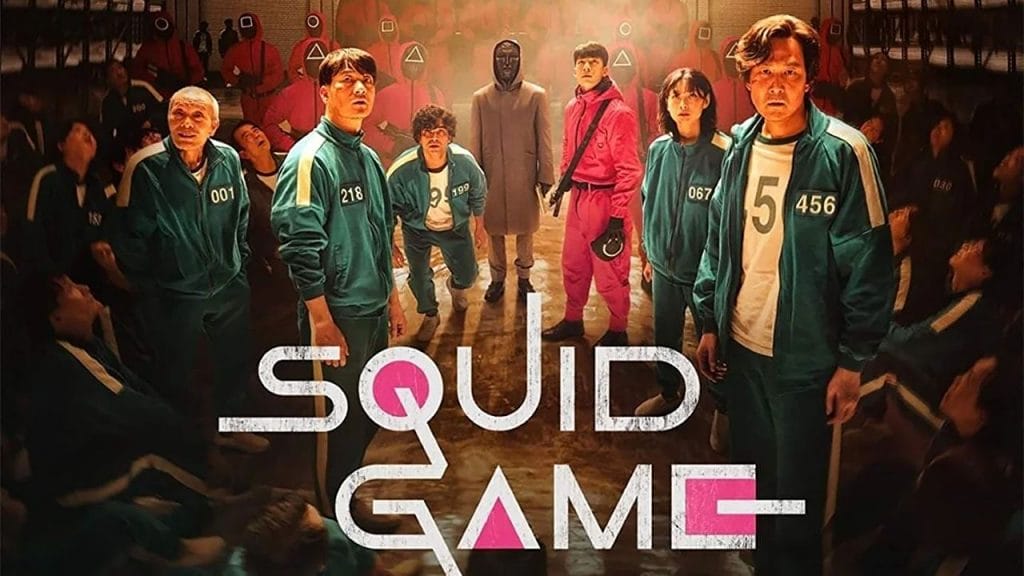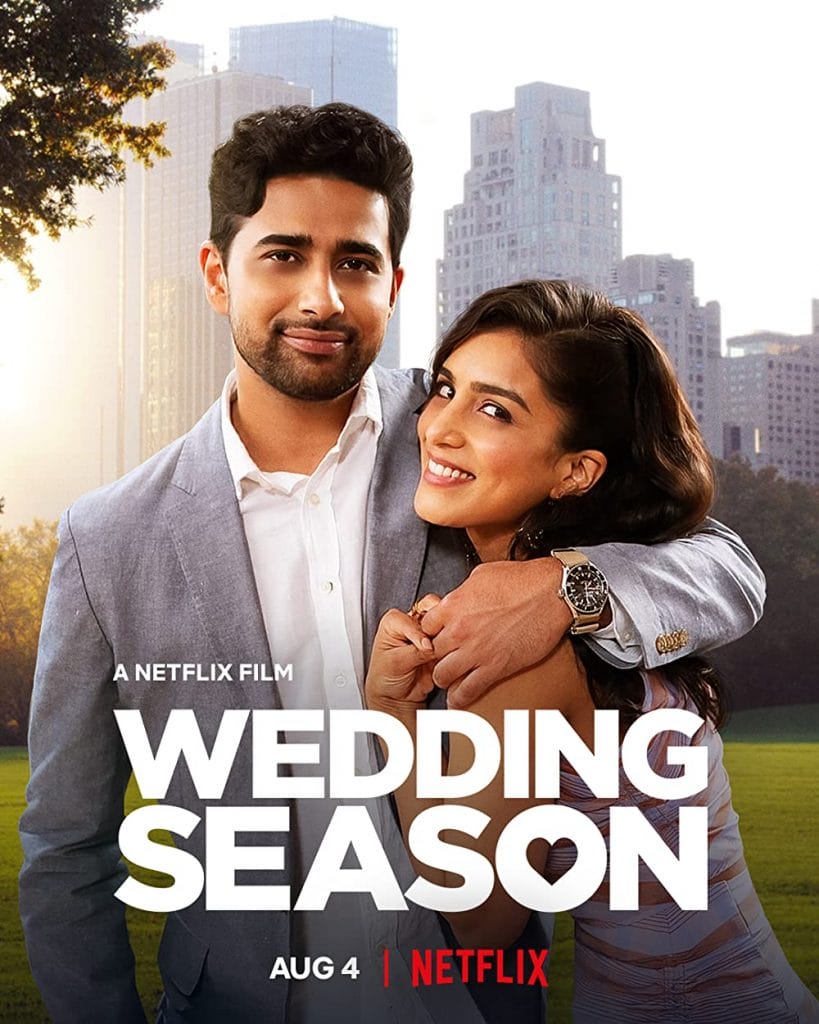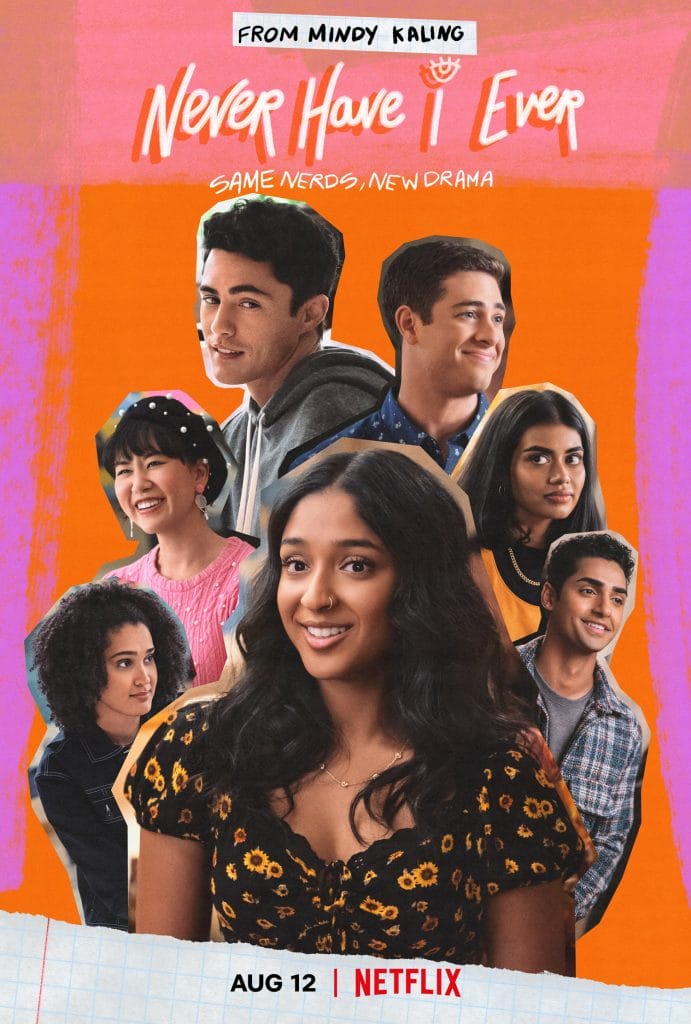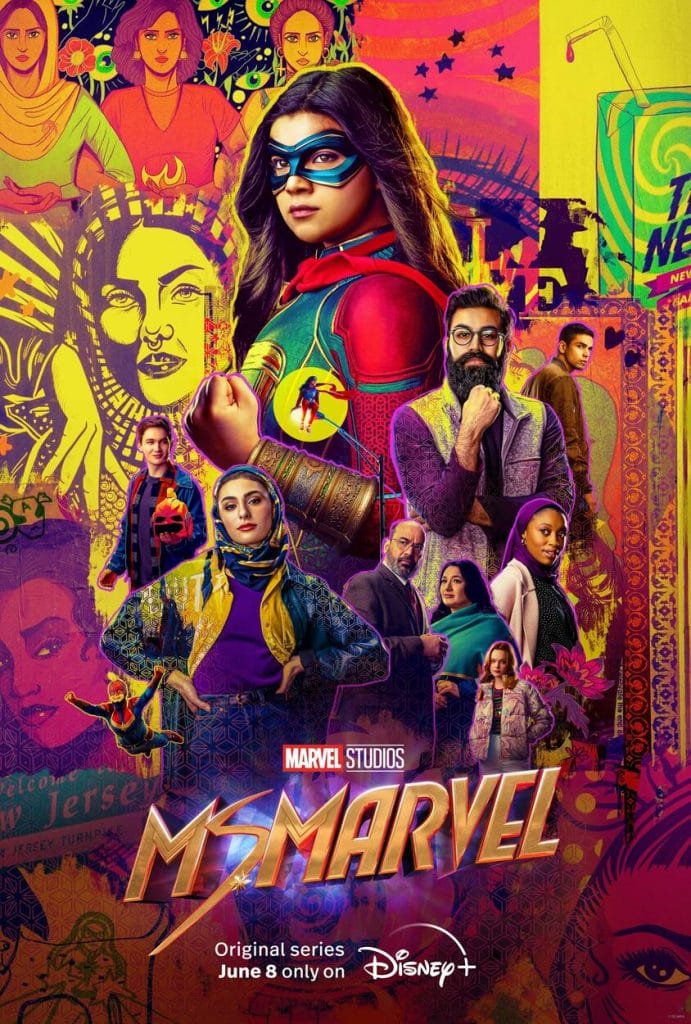With our recs for which ones you should check out!
By Shaan Bajaj
Watching my nieces and nephews grow up in a world where desis are taking centre stage on streaming platforms is incredibly rewarding and unexpectedly healing. I know I am not alone when I say I started to resent my culture because of its portrayal in Western media. I remember distancing myself from everything Indian-related, from not eating rotis to not wanting my hair in oily braids, all because it made me feel ‘too Indian.’ I wanted blonde or brown hair like Hannah Montana, because popular movies, TV shows, music videos, and magazines informed me that was the norm. Although Western media is consumed by a global and international audience, up until recently it felt as if it was being created for a White audience alone.
As the world continues to become more interconnected via technology and individuals, identity is now considered a mix of ethnicity, geographical location, education, and other identifiers, and media, too, has had to evolve to reflect this change. Previously, Western pop culture has often portrayed South Asian characters through a Western lens, with Apu’s character in The Simpsons (1989- ) as a classic example. Indian men were cast as goofy, hardworking, and cunning, with an over-exaggerated Indian accent added for comedic purposes; whereas South Asian women have often been sexualised and labelled exotic, or alternatively, naïve and submissive. The stories told within Western pop culture reduced the identity of a vast and diverse community into stereotypes, and these have not only impacted our sense of self, but have also widely impacted the way our cultures are seen and understood.
Therefore, the recent rise in representation across TV, films, music, fashion, and more has felt like a breath of fresh air. Characters are written with an inside understanding of what it’s like to be South Asian. We’ve put together a list of some of the most recent and lauded representations on the top streaming platforms available in Thailand
BRIDGERTON (2020- ) Season Two
The Indian diaspora collectively experienced a moment of joy upon hearing a string cover of the popular Bollywood song, “Kabhi Khushi Kabhie Gham” during the second season of hit sensation, Bridgerton (2020- ). Keeping in theme with Shonda Rhymes’ intention to create a regency-era drama with a diverse cast, the female lead is a desi woman with Indian origins. Kate Sharma, played by Simone Ashley, is cast as Anthony Bridgerton’s love interest and throughout the series, significant cultural practices are shown in a beautiful and respectful manner such as Kate and her sister’s (Charithra Chandran) love for Indian jewellery, and hints of Indian embroidery on the dresses alongside the bride’s auspicious haldi ceremony. While the show has been criticised for inconsistencies within their Indian heritage, it is nevertheless a much-welcome representation of strong desi women.
SQUID GAME (2021- )
A popular Korean show that managed to create a global frenzy featured a beloved desi character, Abdul Ali (Anupam Tripathi), a Pakistani migrant worker who joins the games in order to support his wife and kids. While the show’s storyline is unique, Ali’s character speaks to the millions of immigrants who have left the comforts of their home country to provide a better future for their children. His character represents the struggle South Asian men often face and the sacrifices they’ve had to make along the way.
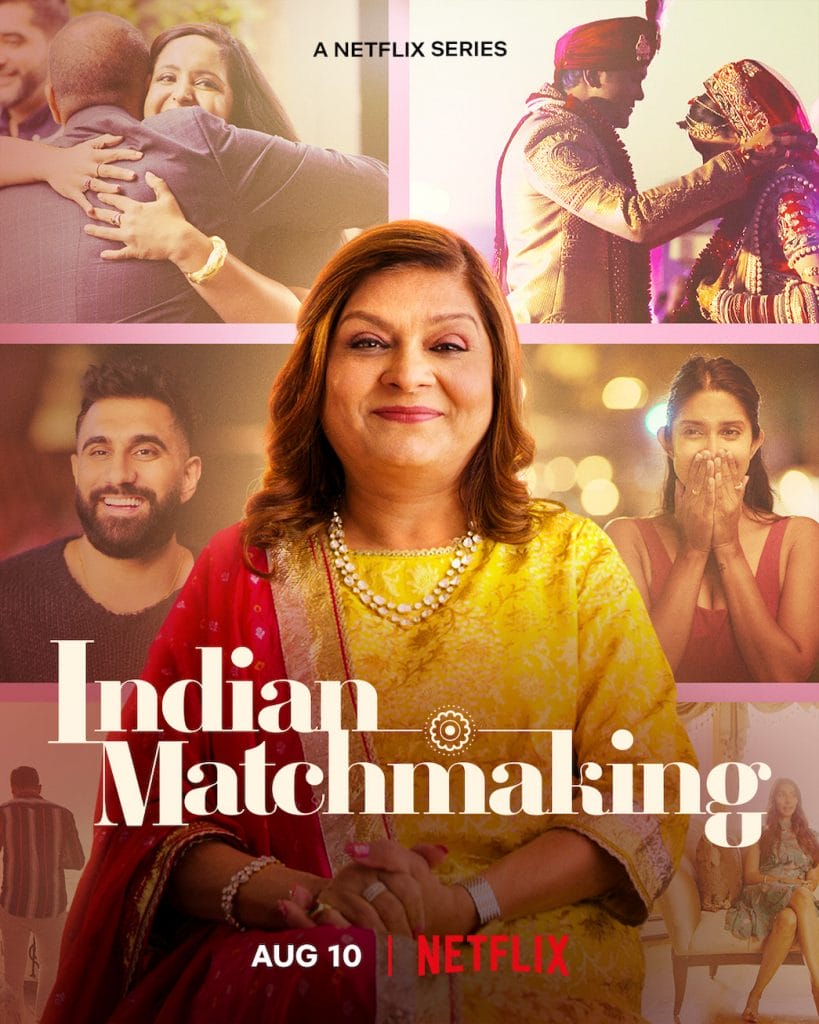
INDIAN MATCHMAKING (2020- )
One of the biggest milestones in South Asian culture is marriage, traditionally arranged through society connections or matchmakers. Up until Indian Matchmaking (2020- ), it was hard to explain how a marriage can be arranged. Arranged marriages have often received a bad reputation, but in this reality TV show, the audience is able to understand the traditions and practicalities behind it. It represents the experiences many South Asians have been through, and the series normalises the practice on a global scale.
WEDDING SEASON (2022)
Another recent release that manages to authentically represent the tradition of arranged marriages is Wedding Season (2022). The American romantic comedy follows Asha, played by Pallavi Sharda, as she struggles with her mum’s pressure to get married. She agrees to meet Ravi, played by Suraj Sharma, on her mum’s request. The storyline is a classic fake-dating-to-feelings trope, but set with the backdrop of an immigrant Indian family in the US. This and Indian Matchmaking (2020- ) achieve substantial success in providing a fuller picture of relationships, love and arranged marriages.
NEVER HAVE I EVER (2020- )
One of the most successful portrayals of the coming-of-age desi experience has to this hit Netflix teen drama, which follows Devi Vishwakumari, played by Maitreyi Ramakrishnan, as she navigates both losing her dad, and high school. Devi encompasses what it is like to be an Indian teenager who wants to be cool, date, and fit into society, but is also juggling the cultural differences that come with her ethnicity. In it, she hears from her other misfit peers who also grew up with dual identities, and through their stories, the show is able to narrate the experiences of what it’s like to grow up as part of the Indian diaspora.
MS. MARVEL (2022- )
Kamala Khan, played by Iman Velani, is a Muslim superhero. The show as a whole portrays essential aspects of the faith through depictions of wudu, an ablution performed before prayer, and the tradition of nikkah, the Islamic marriage. It normalises the religious traditions with the respect it deserves, and instead of shying away from Kamala Khan’s Pakistani origins, everything in the series has intentionally been selected to relate back to her culture, from her clothes, to posters, artwork, fashion, dialogue, and even history. Ms Marvel brought the migration caused by India’s partition to the screen, allowing audiences to understand a historical event that shaped millions, with effects that are still felt today.




